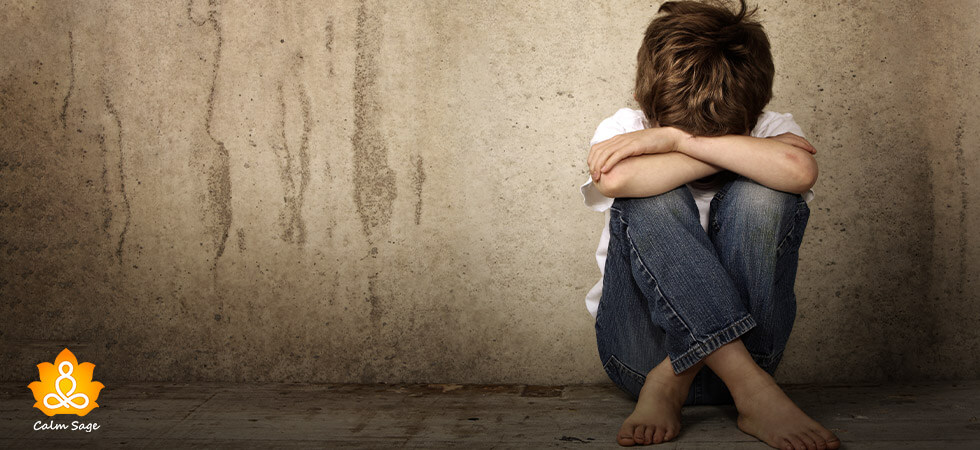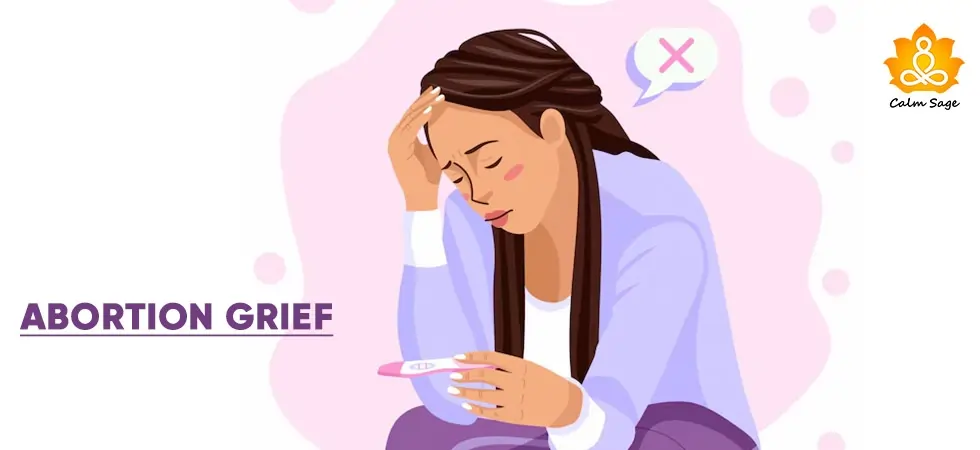9 Signs and Symptoms of depression in Children

We are familiar with the fact that adults, adolescents and children can develop depression. However, we have observed that many children experiencing depression are untreated because their parents or guardians are not able to recognize any patterns that indicate any emotional discord. In order to help your children with depression, you must understand the symptoms and the reasons of depression.
9 Depression Symptoms in Children:
The fact is symptoms of depression in children appears differently specifically when they oppose you, so it might be difficult for you to spot the symptoms. Therefore, in this blog, we will discuss about the signs or symptoms which will help you to identify depression so that you can seek the help and get the proper treatment for your child.
Read More: Can Laughter Therapy Beat Depression?
1. Sadness
Sadness of your child might be related with many things like relationships, failures, loss of a friend, loved one or pet, moving on, bullying or missing out on something. Therefore, try to find the reason of the sadness in your child and provide complete support. Additionally, try to have a conversation with your child and let them feel comfortable in talking with you. If the sadness, disappears in few days, it is not possibly depression. The important fact here is, depression in children may related to their future or career or maybe they are not able to identify the reason about their sadness.
Depressed child may tear up frequently for no reason. If this symptom continues for more than two weeks, it’s time to fix an appointment with the paediatrician.
2. Withdrawal From Family And Friends
When children go through puberty stage, it is common that they start spending most of the time with their peers and naturally pull themselves from their family members. Keep a note that, puberty stage is essential development stage which should not be jumbled as social withdrawal.
The key point to spot depression in your children is to look for any bad social experiences which is contributing towards the depressive signs. If your child starts spending time alone or feels like no one understands them, it might be related to depression.
Read More: Bring A Change In Your Life With Power of Positive Thinking
3. Loss Of Interest
Naturally losing interest in the activities, toys or games, your child once loved is different from the symptoms of depression. If your child feels difficulty in finding excitement or joy in anything, try to observe if your child is acting indifferently to everything. Children who are going through depression seems to be lost, they just follow their normal routine without any pleasure and joy.
Read More: Emotional Intelligence Skills You Require In Workplace!
4. Feeling Misjudged
During the stage of puberty, every child feels misunderstood and misjudged. But the noticeable point here is that the depressed child feels like there is no one who understands his/her feelings and talking with parents is also pointless (as they might judge). Depressed children have the fear of trying out new things, sharing their ideas due to fear of rejection, ridicule and misinterpretation and speaking publicly.
5. Guilt
Children with depressive symptoms or signs always carry a feeling of unrelenting and excessive guilt which may lead to dysthymia and bipolar disorder. The key sign to look for depression in your children is to observe if they blame themselves for things which goes wrong, even the things were out of their control. If you see that your child is going through guilt and it is getting worse day by day, seek the help of a health professional ASAP!
Read More: 3 Ways On How To Be Grateful In Life
6. Lack Of Energy
Children get more easily tired as compared to adults, as everyday they follow a routine of waking up early, going to school, spending their time at the school playground and other activities. However, lack of motivation and energy are the key symptom of a depressed child. Additionally, depressed child complains about tiredness, even after getting sleep of appropriate hours. If your child takes a lot of time to perform an activity or really slow at achieving tasks, it’s not late and get your child checked by a mental health professional.
7. Decline in grades
During the transition phase of middle school or high school, course work becomes more challenging. Being a parent remember that, children go through academic lows and highs. But, if your child is continuously paying less attention, misses school, or simply failing in subjects, your child requires more attention or an expert counselling. Apparently, this happens with the kid who had been a great academic scorer.
8. Worthlessness
Children with depression feels worthless often or for a long period. They start believing that they are inherently bad, inadequate, flawed or weak. So, they usually stop putting efforts in every work they do like schoolwork, socializing or connect with people or friends. They start believing that they cause additional problems and will fail eventually. If your child also has a feeling of worthlessness for a long time, you child needs a proper treatment from a mental health provider.
9. Antagonism
The emotions of depressed children make them angry often which leads to aggressive and impulsive reactions. Such reactions from children sometimes result in self-harm, injuries, outbursts, violence or property damage.
The sun always comes out eventually…
If you observe all or some of the signs and symptoms of depression in children, fix an appointment with the counsellor ASAP (it’s never too late). We understand the feeling of watching your child suffer, but being a parent, you need to understand that your child is under development at a rapid pace. Suggestion is to be strong, calm and focus as the symptoms may lessen or intensify during the treatment. With proper support and treatment, your child will be able to enjoy childhood once again….!!!
We hope you like this article. For more such posts, please follow our blog, and stay strong!?
Recommended Articles:
1. Best Foods That Help To Reduce Anxiety
2. Step Into The Light- Acceptance Is The Key
3. Change Your Mindset And Reduce Anxiety
4. Possible causes of severe Mood Swings
5. 5 Lessons To Be Learnt From Kobe Bryant’s ‘Mamba Mentality’




















